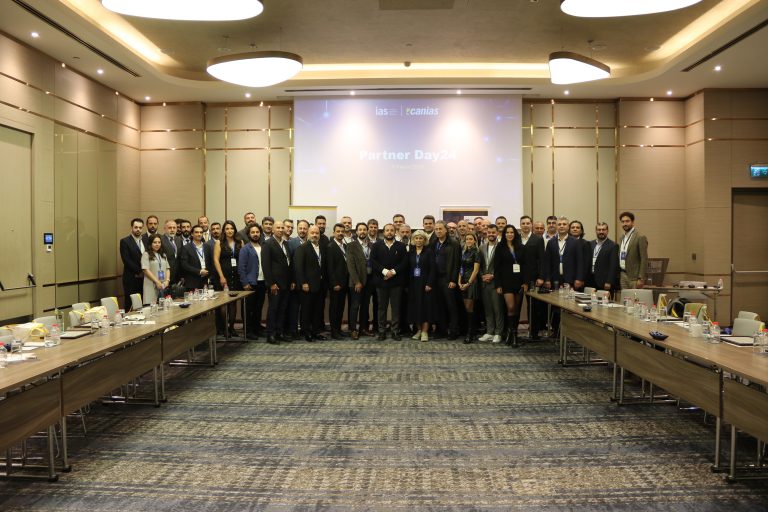Standard Cost Management
In the Standard Cost Management (CAL) module, the planned production cost of a specific product or semi-product can be calculated from the basic information acquired from the bill of materials and routes. In addition to the calculation of a specific product, it is also possible to execute batch calculation methods, involving multiple materials. Also, the calculation can be initiated from other modules; For example, when creating an offer in the Sales Management module, the cost of the offer or project costs can be calculated in the Project Management module. In the Standard Cost Management module, it is possible to use various parameters such as cost diagram or validity information, price details, activity details, bill of materials and routes to make calculations.
With this module, users can perform a comprehensive evaluation and analysis. Moreover, the module allows the users to list and analyze possible errors in the batch calculation. In addition, the results of the various calculations can be compared to each other by cross control on the module. By being successfully integrated with the rest of the modules in the system, the module guarantees the use of centrally managed data in each calculation.
The graph shows the interaction between the module and other modules in the system.
Cost parameters
The master data required for the calculation are derived from the Bill of Materials and Routing Management modules. Necessary components and quantities are taken from the Bill of Material module. Operational details such as the time spent on production are taken from the Routing Management module. It is also possible to determine the prices of various components and semi-products to be included in the calculation. For the raw materials purchased, the moving average price or the final purchase price may be used, while the production costs for the semi-products produced internally can be considered.
For activities entered in the Routing Management module, such as machinery, labor or preparation time, an activity unit cost record for the relevant cost center can be defined. This definition can be transferred from the previous month’s cost distribution results, through integration with the Cost Centers Accounting module. Fixed and variable rates in activity unit cost records provide flexible pricing. Any desired number of calculation schemes can be created in this module. In each scheme, which activity records and the prices of the components will be taken as a basis for the calculation and can be determined separately. In addition, it is also possible to define whether additional cost records such as general production expenses will be taken into account and which amount will be taken into consideration. By using ‘Schema Variables’, variables can be determined dynamically in line with the specific properties of the materials and an additional cost can be created for the calculated costs.
In addition, a multi-level breakdown and calculation of the result as a new standard price in the material master data can also be set parametrically on the module.
Calculation methods
In the Standard Cost Management module, in addition to the calculation of a specific product, a batch calculation covering multiple materials can also be completed. When using a batch calculation, the materials selected based on certain parameters are taken into consideration in preliminary conditions. The calculation can also be started from other modules. For example, when creating a proposal in the Sales Management module, a bid cost can be calculated, or project costs can be calculated in the Project Management module. Similarly, in the Budget Management module, the standard cost calculation can also be made collectively for the materials included in the budget.
Evaluations and analysis
The Standard Cost Management module provides the user with a comprehensive evaluation and analysis. Thus, in a batch calculation, lists can be created where possible errors can be seen and analyzed. In addition, the results of the different calculations can be compared with each other by cross control. Calculation views can also be defined in the module to highlight specific issues within the calculation.
Integration
The successful integration of the Standard Cost Management module with all the modules in the system guarantees the use of centrally managed data in each calculation. The module is integrated with modules such as Base Data Management, Bill of Materials Management, Routing Management, Sales Management, Project Management, Production Management, Budget Management, and Cost Centers Accounting.
Features overview
- Single calculation and batch calculation
- History records
- Simultaneous management of different versions
- The multi-level calculation for a multi-level bill of materials
- Fixed and variable rates for activity unit costs
- Defining an unlimited number of configurable calculation schemes.
- Effective management of costs on schema rows using schema variables
- Calculations with user-defined formulas
- Calculating the bill of materials, activity unit costs and exchange rates on a date determined by the user
- Calculation by the variant
- Determining product origin with cost distribution
- Ability to calculate costs according to different accounting standards
- Cost comparison reports

